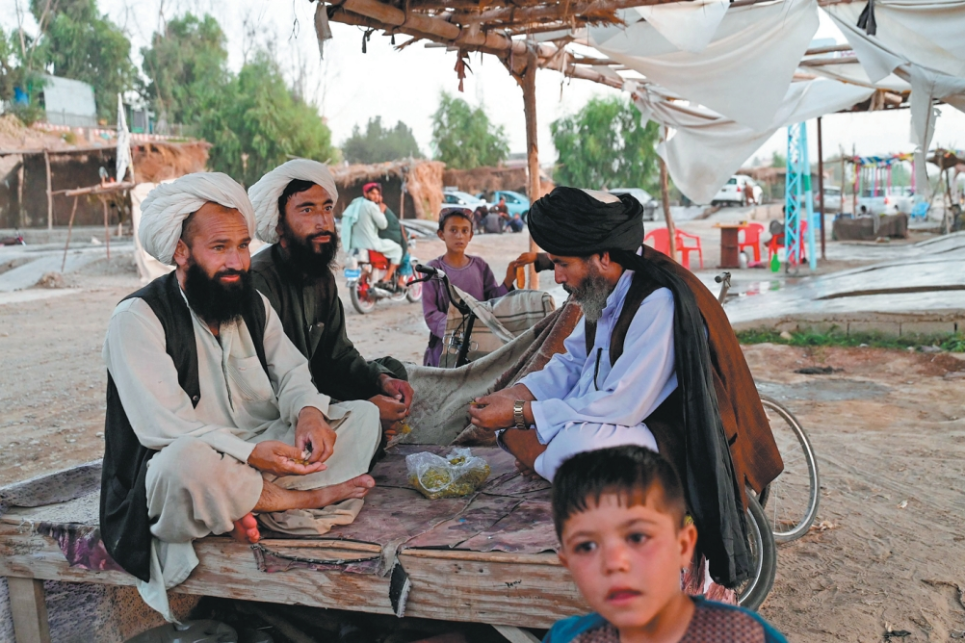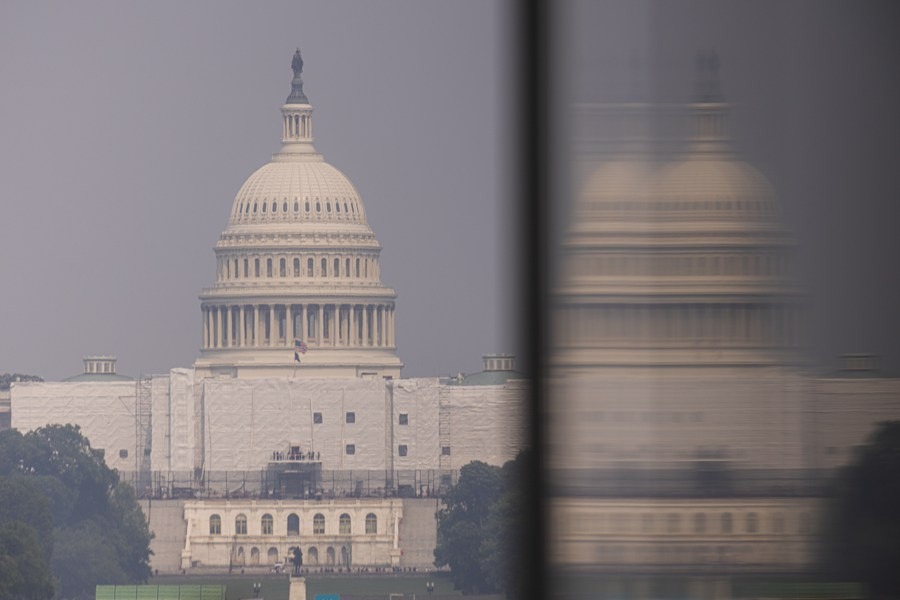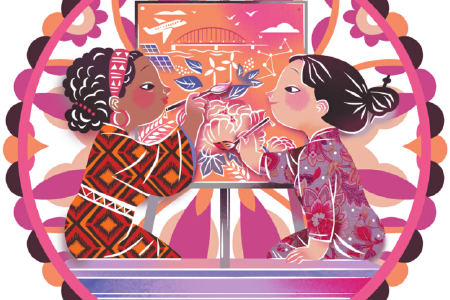De-weaponizing the dollar

BRICS is spearheading a new cross-border payment system using digital currencies to break away from Western dominance

The United Arab Emirates and China completed the first cross-border payment using the digital dirham on Jan 30. The deal involved a transfer of 50 million dirhams ($13.6 million) from the UAE to China. A new digital platform, developed jointly by the two countries, was used to carry out the transaction. The use of this platform marks the beginning of a new phase in the conversion of central bank digital currencies (CBDC).The main objective of this platform is to eliminate inefficiencies in cross-border transactions that arise due to high costs, lack of transparency, excessive dependence on the US dollar and the increasing politicization of exchange transactions.
Cross-border payments using digital currencies represent an essential milestone in the development of CBDC. Global financial systems will become more efficient and inclusive as more countries use digital currencies. The fact that the most advanced technology for using digital currencies has been created in developing countries illustrates that countries in the Global South have an excellent opportunity to use the new digital platform, for instance, in mutual settlements.
What has been the primary issue with cross-border payments and international settlements that has become more accentuated lately? Currently, the US dollar is the world's reserve currency, and those who wish to conduct business and trade with other jurisdictions need US dollars. This process would not be problematic if the dollar had not been extensively utilized as an economic weapon or political tool of late.
Unfortunately, the United States has increasingly used its dominant position as the issuer of the world reserve currency for political gain. It includes punishing its adversaries or competitors by unilaterally excluding them from the global financial system. Moreover, if the US government dislikes anyone's behavior, it threatens to confiscate its hard currency reserves. As a result, many countries, particularly those in the Global South, are looking for ways to avoid such risks and prevent the politicization of economic and financial realities. Many are exploring the possibility of trading among themselves, avoiding US dollars, and using their national currencies. They believe there is no need for a financial policeman to govern the world's financial system.
Lately, there has been a lot of discussion about the possibility of replacing the US dollar with alternative currencies. However, this is a challenging political issue, as every country would want its national currency to be the primary one. It is essential to stay realistic and understand that the immediate problem with different currencies is their limited liquidity. Despite becoming the most used alternative currency for international transactions by the end of 2023, the renminbi's share of global reserves remained less than 3 percent, behind the US dollar (60 percent) and the euro (20 percent), which will remain the dominant currencies for a long time due to their higher liquidity. Using alternative currencies for payments will inevitably involve higher transaction costs, as none are fully convertible or have established international status.
The expert community has been actively debating the creation of a new universal settlement instrument. One idea is to develop a digital financial asset backed by a basket of currencies from BRICS countries. This type of unit of account, supported by the economic power of all the countries involved, could potentially be more competitive for conducting alternative cross-border transactions.
This possibility became even more real after Jan 31, when South African Foreign Minister Naledi Pandor announced that Egypt, Ethiopia, Iran, Saudi Arabia and the UAE had confirmed their decision to join the BRICS bloc. BRICS therefore unites 10 influential developing countries, accounting for one-fourth of world exports and more than 40 percent of global oil production, and their share in the world economy at purchasing power parity has reached 35 percent.
Direct policy statements to strengthen the use of national currencies and payment instruments in cross-border transactions were made at the first BRICS Sherpa meeting on Jan 30.It was stated explicitly by Russian Deputy Foreign Minister Sergei Ryabkov, China's Vice-Foreign Minister Ma Zhaoxu and Iranian Deputy Foreign Minister Mehdi Safari. BRICS member countries have initiated the promotion of the digital transformation of advanced technologies in the financial and banking sectors. This will significantly benefit the organization's members and the whole world.
There is a common belief that countries in the Global South cannot achieve the same technological progress as the West. However, these countries appear to be striving to challenge this notion by pursuing rapid modernization and high-quality development within the framework of the new principles of international order and global governance. A crucial step in this pursuit will be establishing an innovative, state-of-the-art digital payment system to improve economic cooperation and strengthen mutual trade worldwide.
The author is former prime minister of the Kyrgyz Republic and a distinguished professor at the Belt and Road School at Beijing Normal University. The author contributed this article to China Watch, a think tank powered by China Daily. The views do not necessarily reflect those of China Daily.
Contact the editor at [email protected].




































